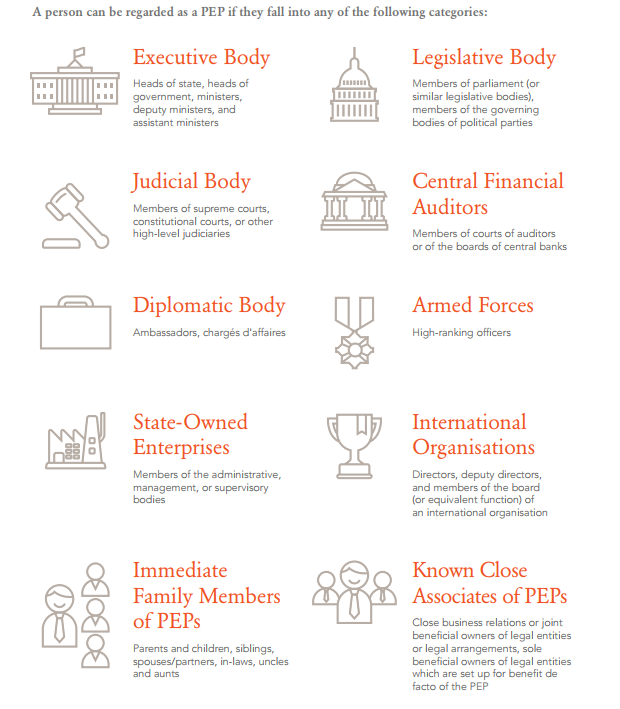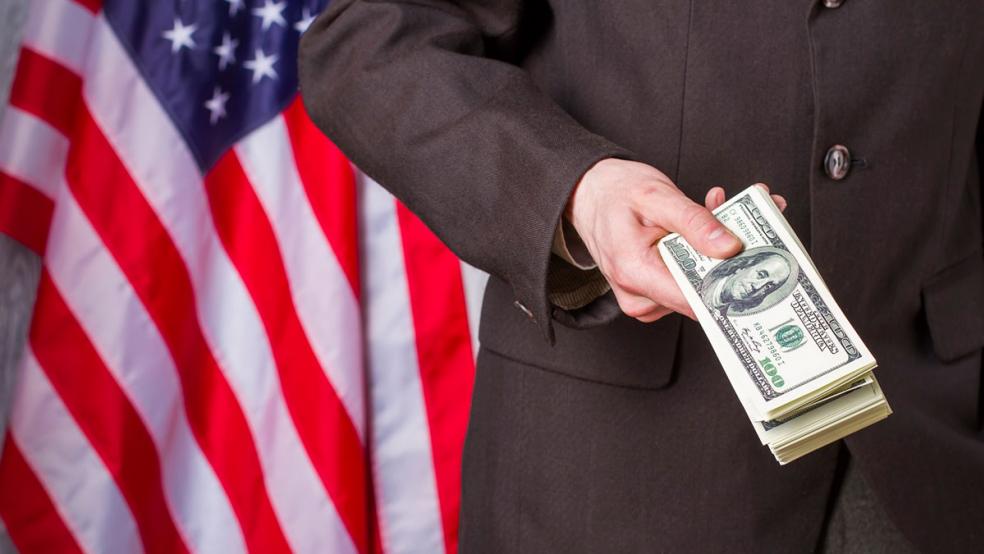Last Friday, with his swearing-in as president of the United States, Donald Trump joined one of the most exclusive clubs in the world. At the same time that he become one of a handful of living people ever to sit in the Oval Office, he effectively inducted his entire family and all of his close associates into a different club, somewhat less exclusive and far less prestigious.
As of Friday, the entire Trump family became what is known in international financial and law enforcement circles as “politically exposed persons,” or PEPs. That means that all of their interactions with financial institutions, whether in the United States or in many countries overseas, will automatically become subject to an extra layer of scrutiny in order to protect against proceeds of bribery and official corruption.
Related: Trump Era Begins with Moves Against Regulations, Obamacare
In addition, the designation could extend to senior executives in the Trump organization who, because of Trump’s refusal to divest himself of ownership in the company, are now effectively employed by the president of the United States. It would also touch on business partners and other people closely associated with the new president.
The working definition of who falls into the category and who does not is articulated in Article 52 of the United Nations Convention Against Corruption, which asks signatories to require financial institutions under their authority “to conduct enhanced scrutiny of accounts sought or maintained by or on behalf of individuals who are, or have been, entrusted with prominent public functions and their family members and close associates.”
It is amplified by guidance issued by the Financial Action Task Force, a membership organization of 36 countries that includes the U.S., European Union, Russia, China, and most major developed nations. FATF defines family members as “individuals who are related to a PEP either directly (consanguinity) or through marriage or similar (civil) forms of partnership.” Close associates, according to FATF are “individuals who are closely connected to a PEP, either socially or professionally.”
Accuity, a company that provides compliance services to banks and other financial institutions, created this chart outlining who might be designated a PEP.

Related: Trump Outlines an ‘America First’ Agenda in a Dark Inaugural Address
The law enforcement focus on PEPs was heightened dramatically in the years following the 9/11 terrorist attacks, as governments around the world struggled to choke off money financing international terrorism. The state-sponsored nature of some terrorism helped expand the focus of anti-terrorism operations to official corruption as well.
The PEP designation doesn’t come with an assumption of guilt or nefarious activity but is a simple recognition that people close to the levers of governmental power are uniquely able to use their authority for their own personal benefit or to channel public money to non-public uses.
The designation is not unique to the Trump family. The same would have been true for the families and associates of presidents Barack Obama, Bill Clinton, and George W. Bush.
What is unique to the Trump clan is its continued operation of a string of for-profit businesses in many countries around the world. President Trump, notably, refused to divest himself of his business holdings, insisting that he could satisfy all concerns about conflicts of interest by passing day-to-day management authority to his two adult sons.
Related: Trump’s Brand of Nationalism Reinforces a Divisive ‘Us v. Them’ Playbook
The companies in the Trump Organization, and potentially their senior executives, will now find their financial transactions attracting much closer scrutiny from banks and other institutions that reserve a higher level of vetting, known as “enhanced due diligence,” for deals involving PEPs.
Given Trump’s decades in the business world, not to mention his collection of ex-wives, and his daughter’s marriage to the scion of another wealthy real estate empire, that extra attention will likely spread to a much larger collection of people than it has under previous US administrations.





